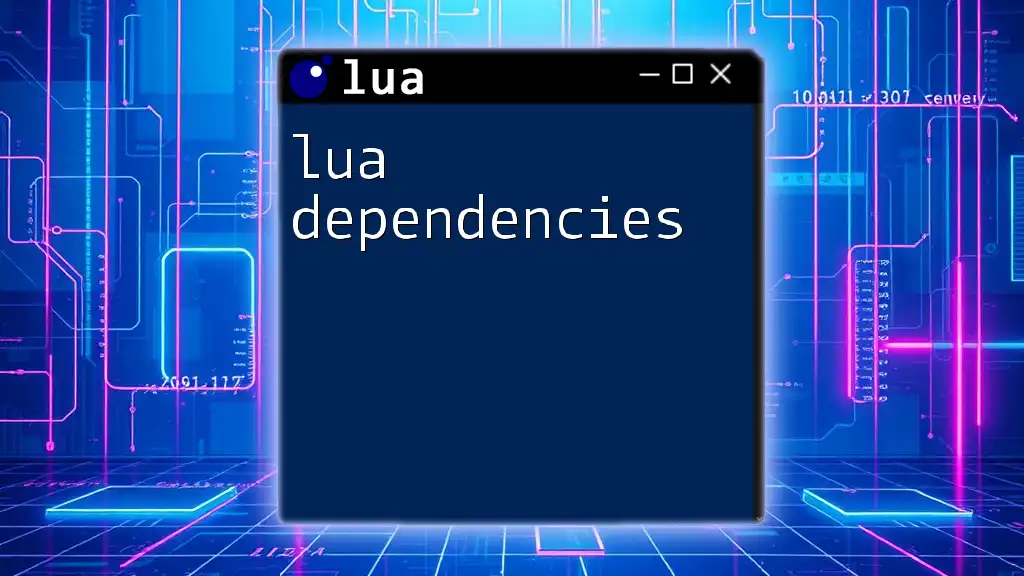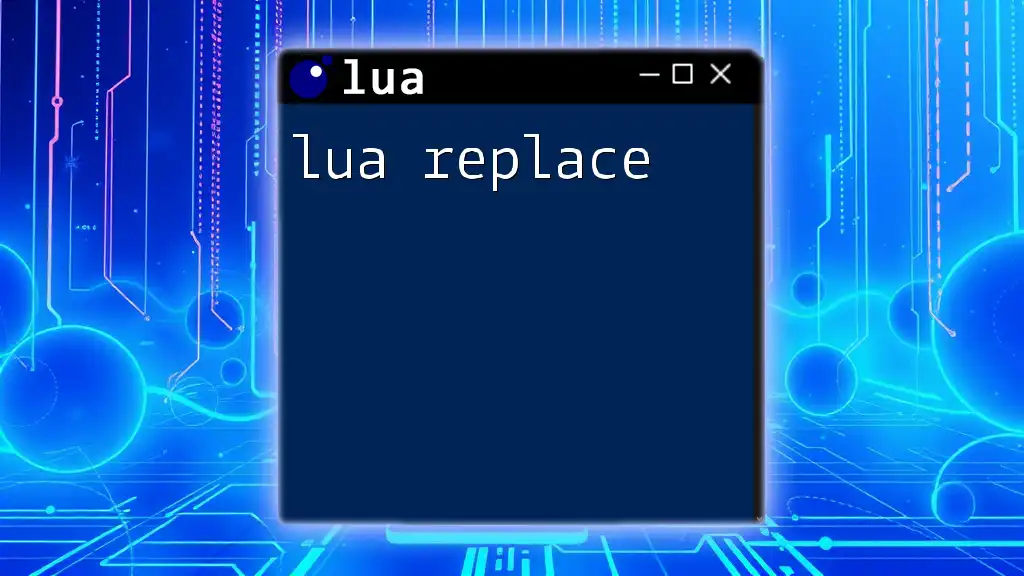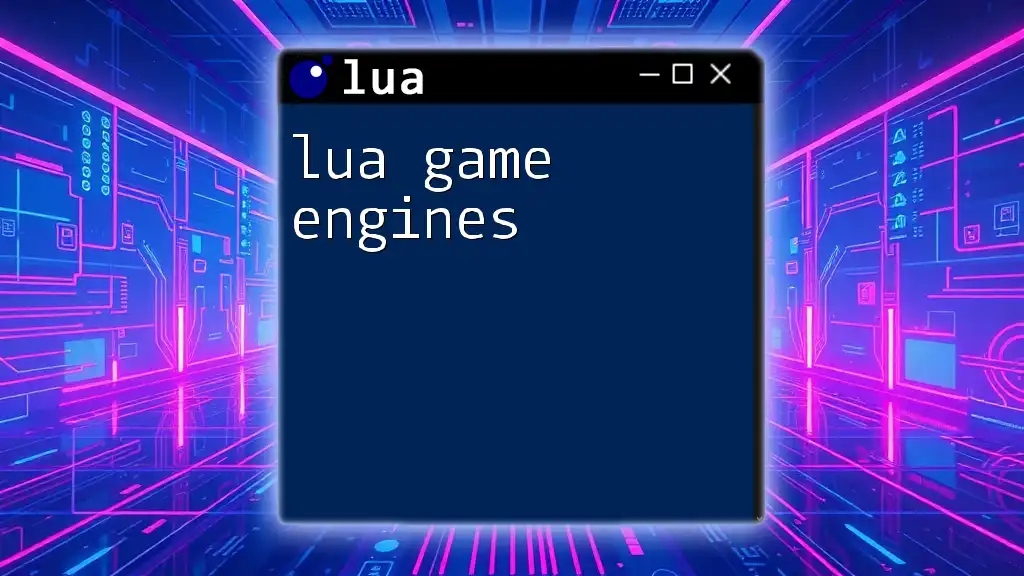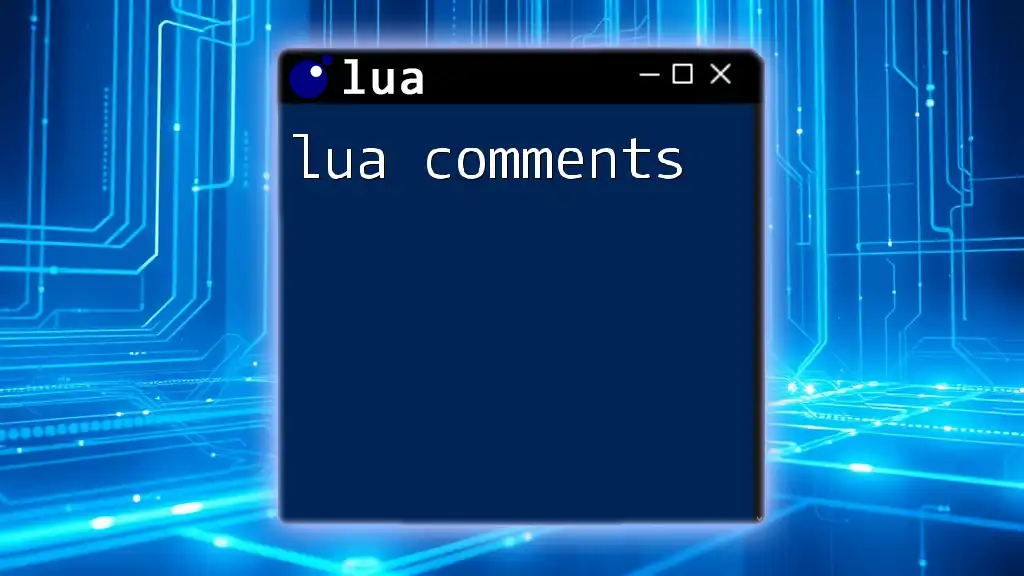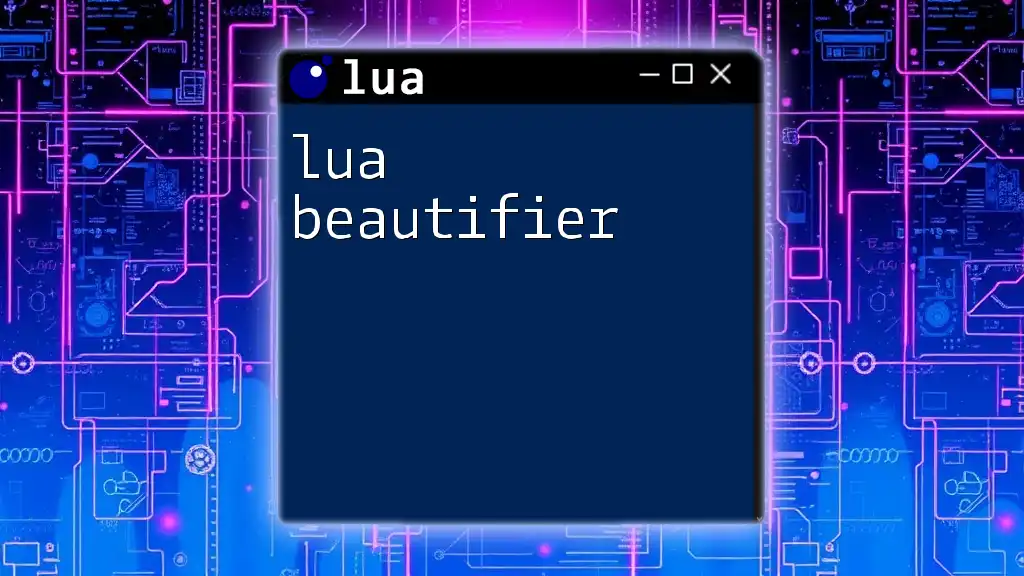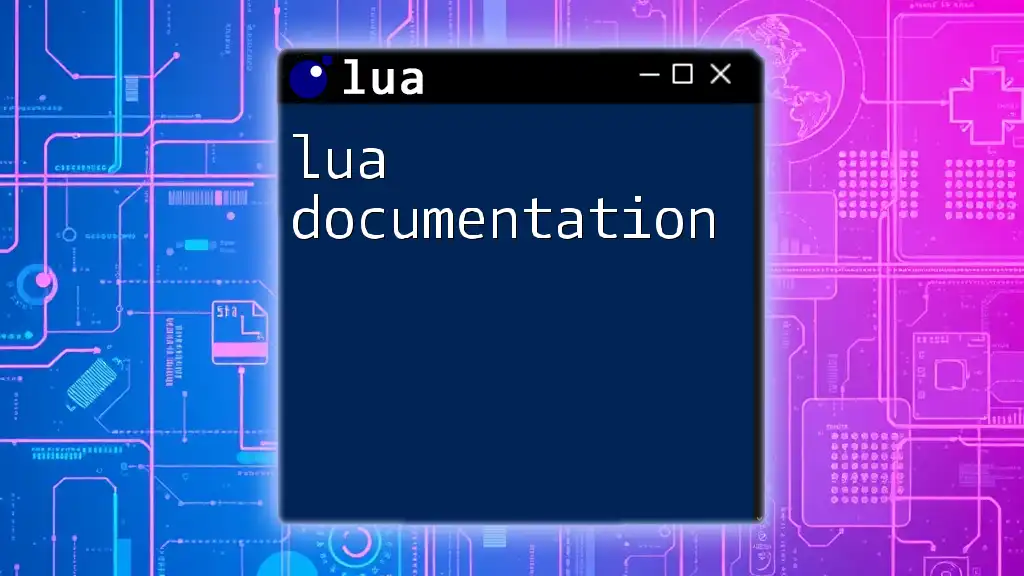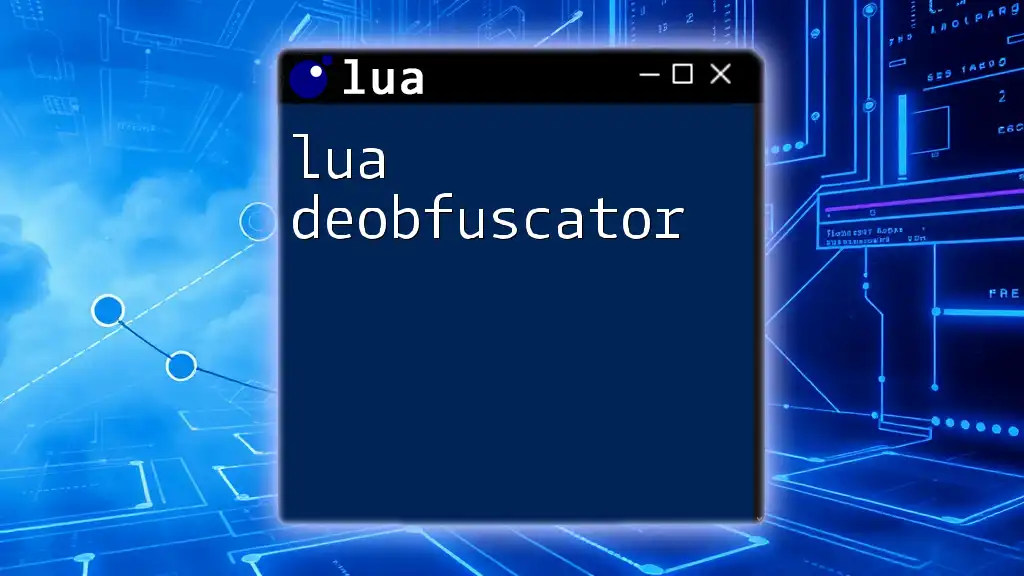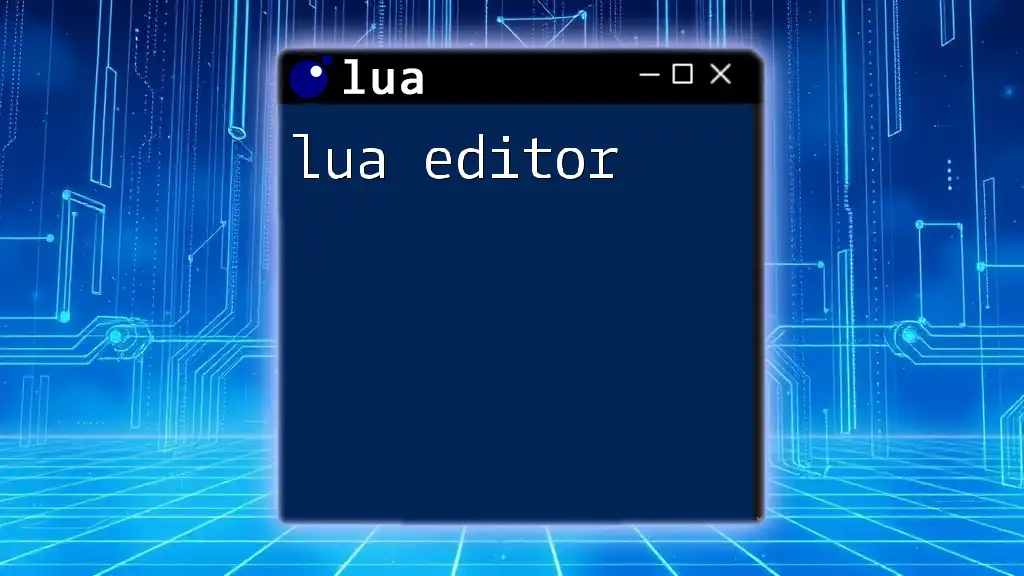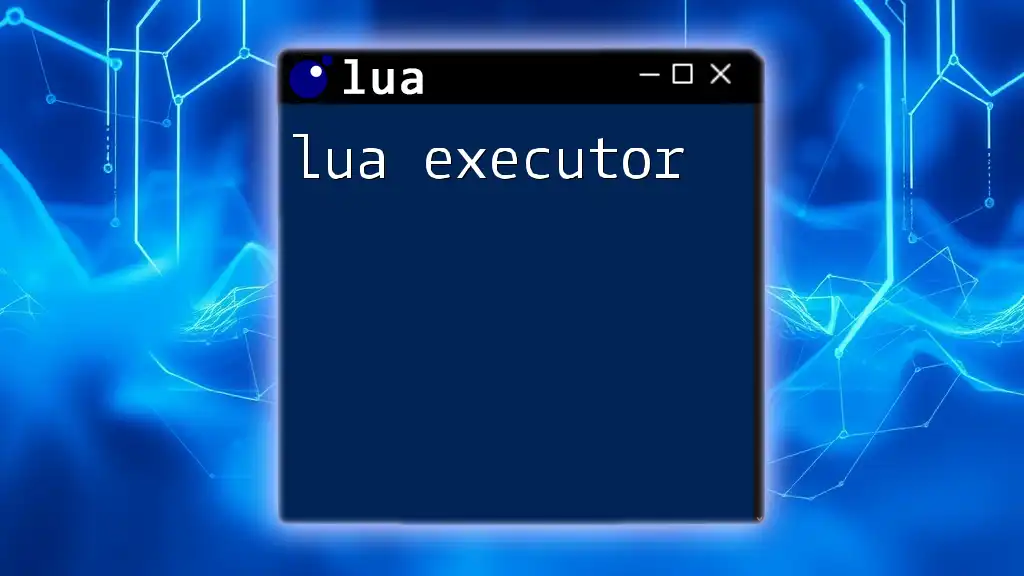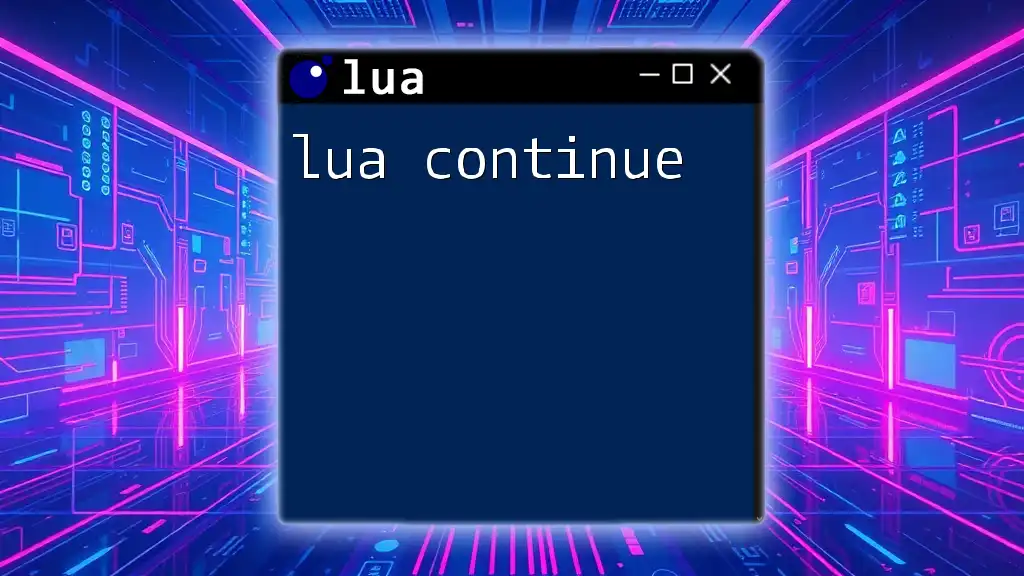In Lua, dependencies refer to external libraries or modules that your script relies on to extend its functionality, and they can be easily managed through package management systems like LuaRocks.
Here's a simple code snippet demonstrating how to require a dependency in Lua:
local json = require("json") -- Load the 'json' module to handle JSON data
What are Lua Dependencies?
Dependencies in the realm of programming refer to external libraries or modules that a project relies on to function correctly. Within Lua, dependencies are essential since they allow programmers to leverage pre-existing work, which can streamline development and reduce the need for reinventing the wheel.
Dependencies serve numerous roles in Lua projects. For instance, they can provide utility functions, data structures, or even complex features that enhance the capabilities of base Lua. Common dependencies include libraries like LuaSocket for networking, Penlight for utility functions, and Luvit for async programming. Understanding how to manage these dependencies effectively is crucial for any Lua developer.
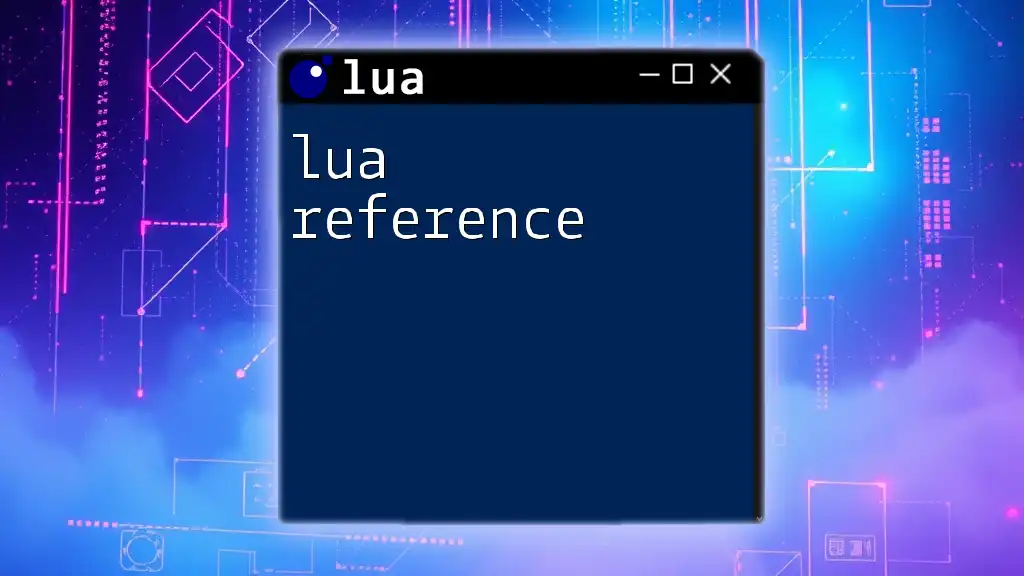
Managing Lua Dependencies
While managing dependencies by hand may seem feasible for small projects, it can quickly become complicated as a project's needs expand. This clutter and complexity can lead to bugs and prolonged development cycles if not handled efficiently. That’s where dependency management tools come into play, designed to simplify the process of adding, updating, and removing libraries in Lua projects.
Common Dependency Management Tools
LuaRocks
LuaRocks is the de facto package manager for Lua, streamlining the process of managing Lua libraries and their dependencies.
Installation Guide: To get started with LuaRocks, you will need to install it on your operating system. Here’s how to do it for various platforms:
-
For Windows:
- Download the Windows installer from the LuaRocks website.
- Run the installer and follow the prompts.
-
For macOS: Use Homebrew to install LuaRocks:
brew install luarocks -
For Linux: Install LuaRocks using the package manager specific to your distribution:
sudo apt-get install luarocks # Ubuntu-based systems
Basic Commands:
-
To install a package, the command is straightforward:
luarocks install <package_name> -
To remove a package:
luarocks remove <package_name>
Creating a Rockspec
A rockspec file is a crucial component when packaging your Lua project. It includes metadata about your project, such as its name, version, and dependencies. Here's a simple example of a rockspec file:
package = "my_project"
version = "0.1-1"
source = {
url = "http://my_project.com/src/my_project-0.1.tar.gz"
}
dependencies = {
"luasocket",
"penlight"
}
This file allows LuaRocks to understand how to manage dependencies for your project, ensuring that everything is pulled in correctly when installed.
Other Tools
Aside from LuaRocks, there are other tools that can help with dependency management, such as ProTeX and Lmod. While less common, these tools can still be very effective depending on your project’s needs and the specific Lua environment you are working in.
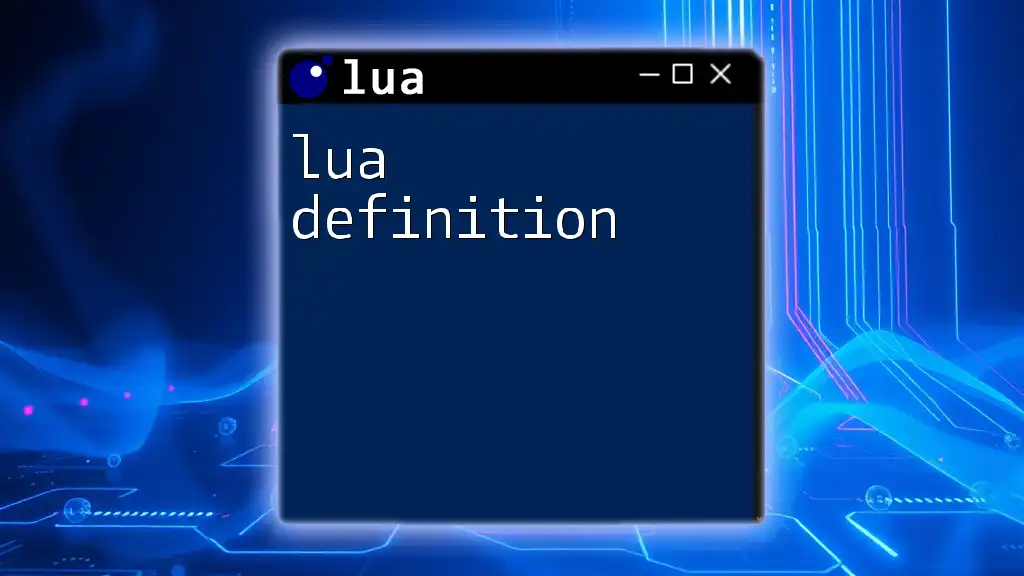
Examples of Using Dependencies in Lua
To better illustrate how to use dependencies, let’s go through an example of installing and managing a popular Lua library known as Penlight.
Installing a Lua Library
To install Penlight using LuaRocks, simply execute:
luarocks install penlight
After the installation, you can start using Penlight within your Lua scripts. Here’s a simple example that demonstrates its usage:
local pl = require('pl.import_into')()
local list = pl.List
local myList = list{1, 2, 3}
myList:append(4)
print(myList) -- Output: { 1, 2, 3, 4 }
Creating a Project with Dependencies
Setting up a structured Lua project is critical for long-term maintainability. Here’s an example of what your project structure could look like:
/my_project/
│
├── src/
│ └── main.lua
├── spec/
│ └── my_project-0.1.rockspec
└── readme.md
In the `src/main.lua`, you would include your dependencies as follows:
local socket = require("socket")
-- Additional code here
To manage your dependencies effectively, ensure you have a `.rockspec` file located in the `spec` directory. This will keep your project organized and make it easier to share with others.
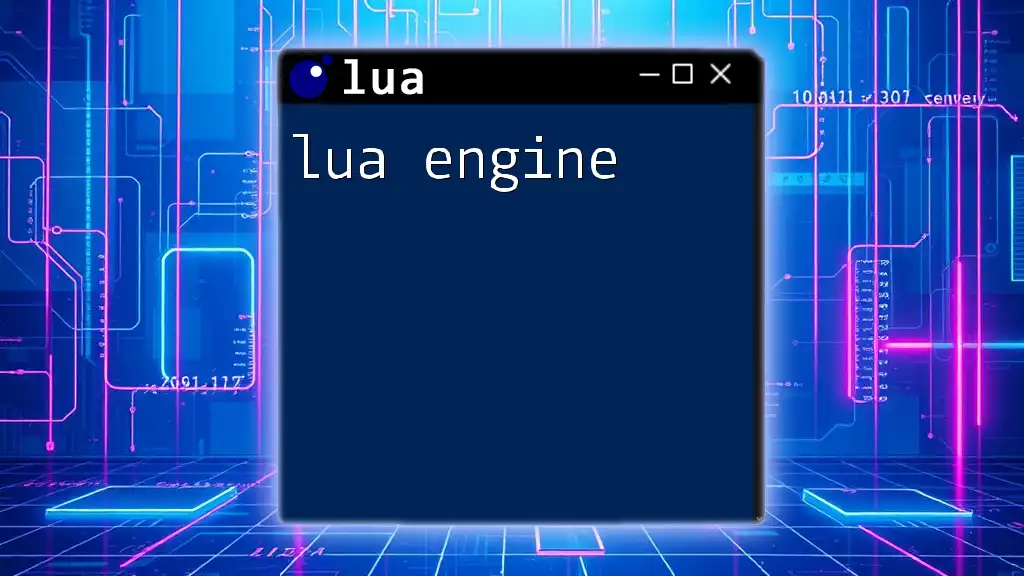
Good Practices for Managing Lua Dependencies
Version Control
Managing the versions of your dependencies is crucial to avoid breaking changes. Always specify the version in your rockspec file. For example:
dependencies = {
"penlight >= 1.0.0",
"luasocket < 3.0"
}
This practice ensures that your project will always work with compatible versions of the libraries in production.
Updating Dependencies Safely
When it’s time to update packages, checking for outdated dependencies is essential. Use the command:
luarocks list --outdated
This command will give you a comprehensive list of all packages that can be updated. Prior to updating, consider testing the updates in a staging environment to avoid breaking your production environment.
Documentation and Best Practices
Maintain good documentation regarding your dependencies. This can include a README file that explains how to install the necessary packages or any special instructions for local setup. Include comments in your code to clarify why certain dependencies are used, aiding future developers in understanding your thought process.
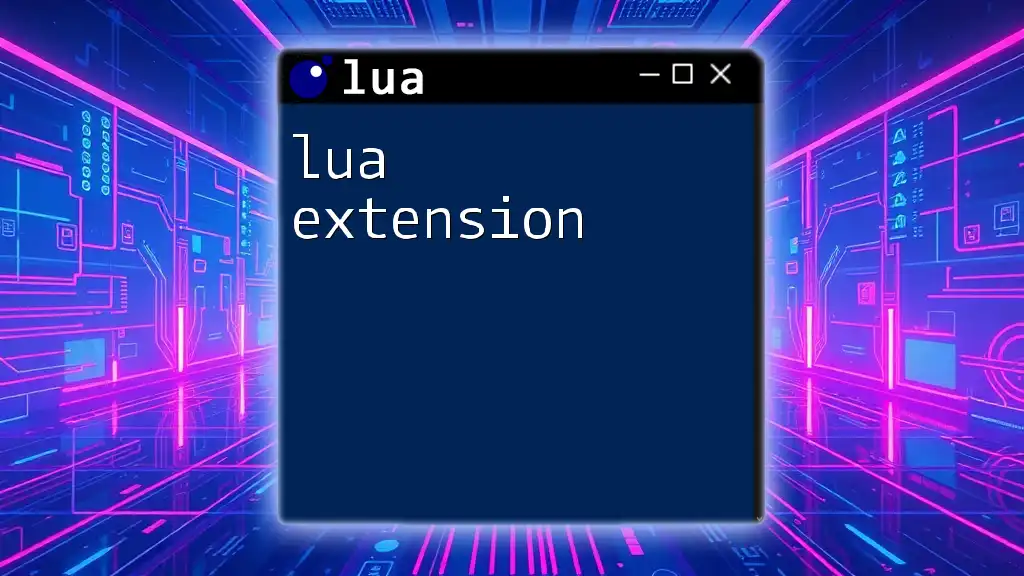
Common Pitfalls in Handling Dependencies
Dependency Hell
Dependency hell occurs when you have incompatible package versions or if there are circular dependencies. To mitigate this, stick to established libraries and follow the best practices of version control mentioned earlier. Avoid dependency sprawl by only including essential libraries for your project.
Performance Considerations
Keep in mind that too many dependencies can impact your application's performance. Evaluate if each package is genuinely necessary and explore lightweight alternatives when possible. Regularly profile your application to check for any slow performance due to heavy libraries.
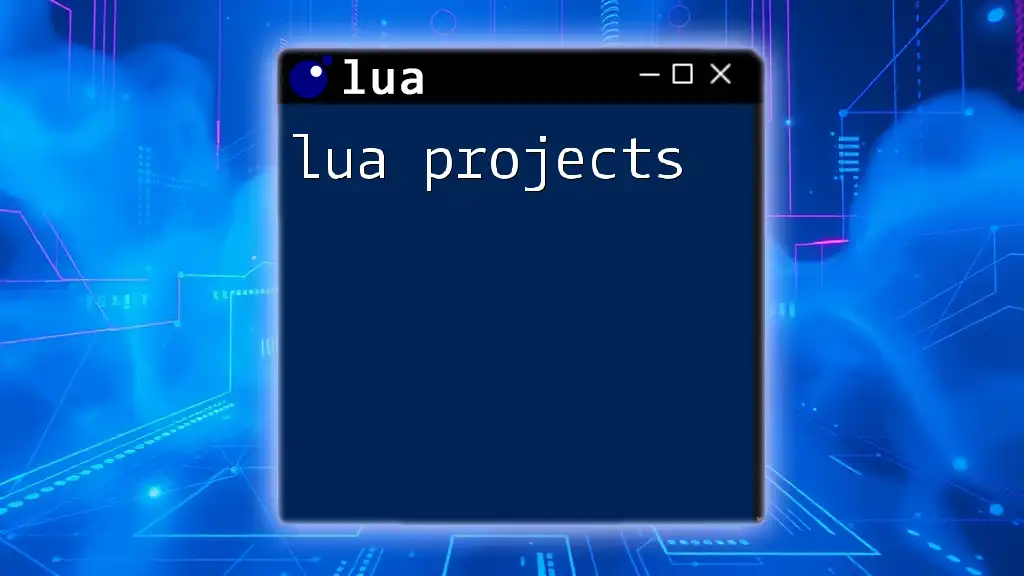
Conclusion
Understanding and managing Lua dependencies is a fundamental aspect of developing robust and maintainable applications. By leveraging tools like LuaRocks and adhering to best practices, you can enhance your project's efficiency and foster a smoother development process. Embrace the vast ecosystem surrounding Lua, explore different libraries, and apply these insights to elevate your Lua programming skills. Remember, the better you manage your dependencies, the more successful your projects will be!
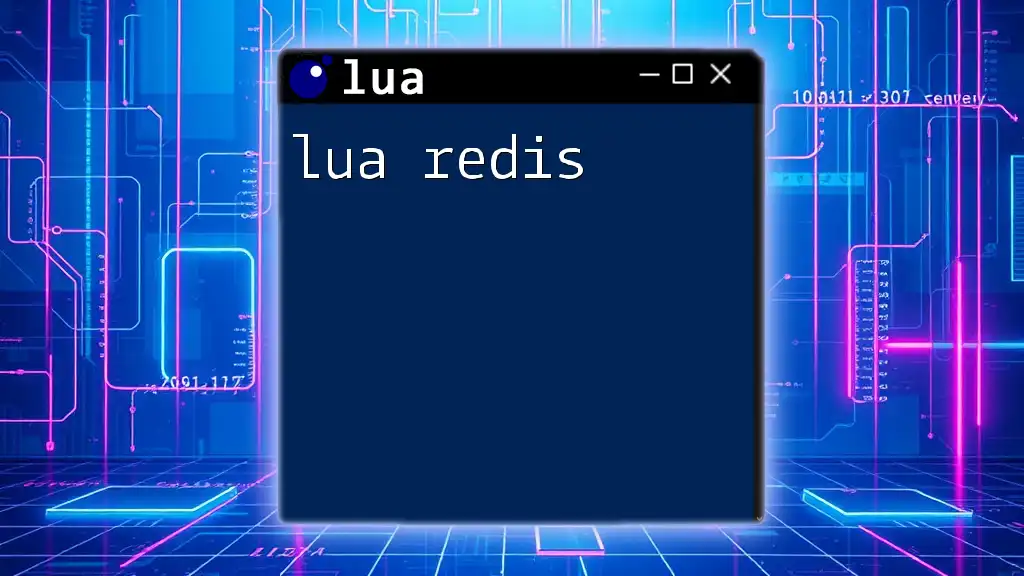
Additional Resources
For further reading, be sure to check out the official Lua documentation, delve into LuaRocks tutorials, and explore the many libraries available in the Lua ecosystem. Engaging with the community through forums and collaborative projects can yield valuable insights and support as you navigate your path in Lua development.

